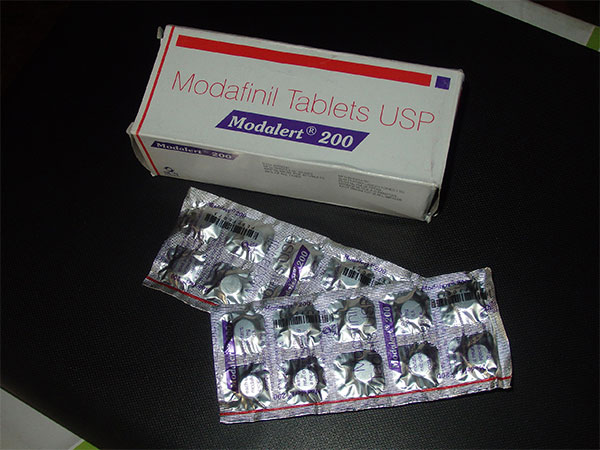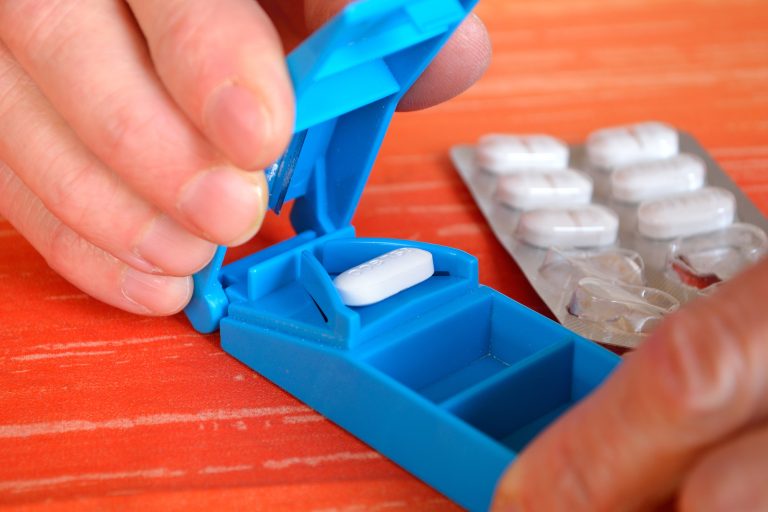Modafinil and Bipolar Disorder: What You Need to Know
Bipolar disorder, characterized by episodes of mania, hypomania, and depression, is a complex mental health condition that often requires a combination of mood stabilizers, antipsychotics, and psychotherapy. In recent years, modafinil, originally approved for narcolepsy, obstructive sleep apnea, and shift work sleep disorder, has been studied as a potential adjunctive treatment for bipolar depression (U.S. Food and Drug Administration [FDA], 2015).
Modafinil’s Role in Bipolar Depression
Evidence from Clinical Trials
Randomized controlled trials (RCTs) have assessed modafinil as an adjunctive therapy for bipolar depression. One key 6-week RCT (n=85) found higher response and remission rates with modafinil compared to placebo, without an increased risk of mania or hypomania (Shelton & Reddy, 2008).
A 2013 systematic review of unipolar and bipolar depression (n=910, 6 RCTs) concluded that adjunctive modafinil significantly improved depressive symptoms, remission rates, and fatigue compared with placebo (Goss et al., 2013).
Most importantly, a 2020 meta-analysis focusing solely on bipolar depression (5 RCTs) found modafinil/armodafinil associated with higher response (RR=1.18) and remission (RR=1.38) without higher rates of mood switching or suicide attempts (Núñez et al., 2020).
Cognitive and Functional Effects
Beyond mood symptoms, modafinil may improve daytime wakefulness and cognitive performance. Case reports describe functional recovery in patients with residual hypersomnia during remission (Fernandes & Petty, 2003). Pilot studies suggest benefits for processing speed and attention, though data remain preliminary.
Benefits of Modafinil in Bipolar Disorder
- Improved wakefulness and reduced fatigue (Goss et al., 2013; Núñez et al., 2020).
- Potential cognitive enhancement (Fernandes & Petty, 2003).
- Well-tolerated in trials when used with mood stabilizers, with common side effects limited to headache, nausea, and insomnia (Shelton & Reddy, 2008).
- Lower abuse potential compared to traditional stimulants, though still Schedule IV controlled (FDA, 2015).
Risks and Side Effects
- Mania/psychosis: Rare but reported in case studies; RCTs show no increased risk when combined with stabilizers (Núñez et al., 2020).
- Serious skin reactions: Stevens-Johnson syndrome (SJS), toxic epidermal necrolysis, and drug reaction with eosinophilia and systemic symptoms (DRESS) are rare but life-threatening. Discontinue at first sign of rash (FDA, 2015).
- Cardiovascular risks: Use caution in patients with left ventricular hypertrophy or mitral valve prolapse; monitor blood pressure and heart rate (FDA, 2015).
- Drug interactions: Modafinil induces CYP3A4 (reducing oral contraceptive and antipsychotic efficacy, e.g., quetiapine) and inhibits CYP2C19 (increasing levels of diazepam, omeprazole, etc.) (FDA, 2015).
- Contraceptive failure: Backup contraception is recommended during use and for one month after discontinuation (FDA, 2015).
Clinical Considerations
- Adjunct only: Should not replace mood stabilizers or antipsychotics; best considered as an add-on (Shelton & Reddy, 2008).
- Dosing: Start at 100 mg in the morning; may increase to 200 mg daily if tolerated. Higher doses are not more effective for mood and may raise side-effect risk (Shelton & Reddy, 2008).
- Patient selection: Consider for those with hypersomnia, fatigue, or cognitive impairment despite adequate mood stabilization (Fernandes & Petty, 2003).
- Monitoring: Regular follow-up for mood destabilization, rash, cardiovascular signs, and drug interactions is essential (FDA, 2015).
Emerging Data and Future Directions
While meta-analyses support modest benefits, long-term data are limited. Research priorities include identifying which subgroups of bipolar patients benefit most (e.g., those with hypersomnia vs. cognitive dysfunction) and assessing functional outcomes beyond symptom reduction (Núñez et al., 2020; Goss et al., 2013).
Conclusion
Modafinil offers a cautiously promising role as an adjunctive treatment for bipolar depression, particularly for patients dealing with hypersomnia, fatigue, or cognitive sluggishness. Evidence suggests modest efficacy and no increased risk of manic switching when it is used alongside mood stabilizers (Núñez et al., 2020; Shelton & Reddy, 2008). Even so, clinicians must remain alert to rare but serious risks, including SJS/TEN, cardiovascular issues, and drug interactions (FDA, 2015).
Used selectively and monitored carefully, modafinil can be a valuable tool to improve wakefulness, daily functioning, and quality of life in bipolar disorder.
References
- Fernandes, P. P., & Petty, F. (2003). Modafinil for remitted bipolar depression with hypersomnia. Annals of Pharmacotherapy, 37(12), 1807–1809. https://doi.org/10.1345/aph.1D226
- Goss, A. J., Kaser, M., Costafreda, S. G., Sahakian, B. J., & Fu, C. H. (2013). Modafinil augmentation therapy in unipolar and bipolar depression: A systematic review and meta-analysis of randomized controlled trials. Journal of Clinical Psychiatry, 74(11), 1101–1107. https://doi.org/10.4088/JCP.13r08560
- Núñez, N. A., Singh, B., Romo-Nava, F., Joseph, B., Veldic, M., Cuéllar-Barboza, A., Cabello Arreola, A., Vande Voort, J. L., Croarkin, P., Moore, K. M., Biernacka, J., McElroy, S. L., & Frye, M. A. (2020). Efficacy and tolerability of adjunctive modafinil/armodafinil in bipolar depression: A meta-analysis of randomized controlled trials. Bipolar Disorders, 22(2), 109–120. https://doi.org/10.1111/bdi.12859
- Shelton, R. C., & Reddy, R. (2008). Adjunctive use of modafinil in bipolar patients: Just another stimulant or not? Current Psychiatry Reports, 10(6), 520–524. https://doi.org/10.1007/s11920-008-0082-6
- U.S. Food and Drug Administration. (2015). PROVIGIL® (modafinil) tablets, for oral use, C-IV [Prescribing information]. U.S. Department of Health and Human Services. https://www.accessdata.fda.gov/drugsatfda_docs/label/2015/020717s037s038lbl.pdf
- Greenblatt, K., & Adams, N. (2025). Modafinil. In StatPearls [Internet]. StatPearls Publishing. https://www.ncbi.nlm.nih.gov/books/NBK531476/








